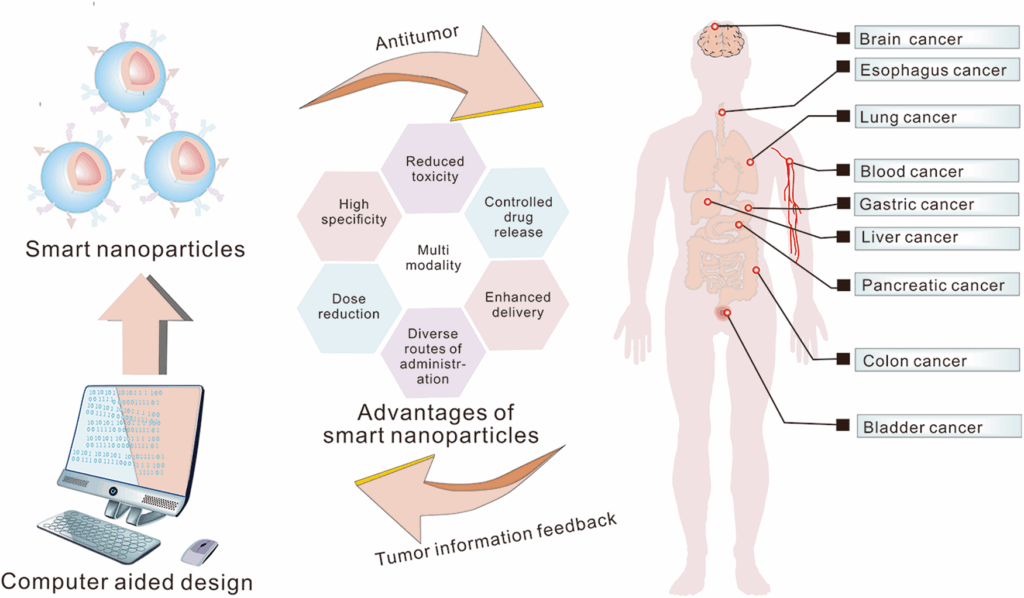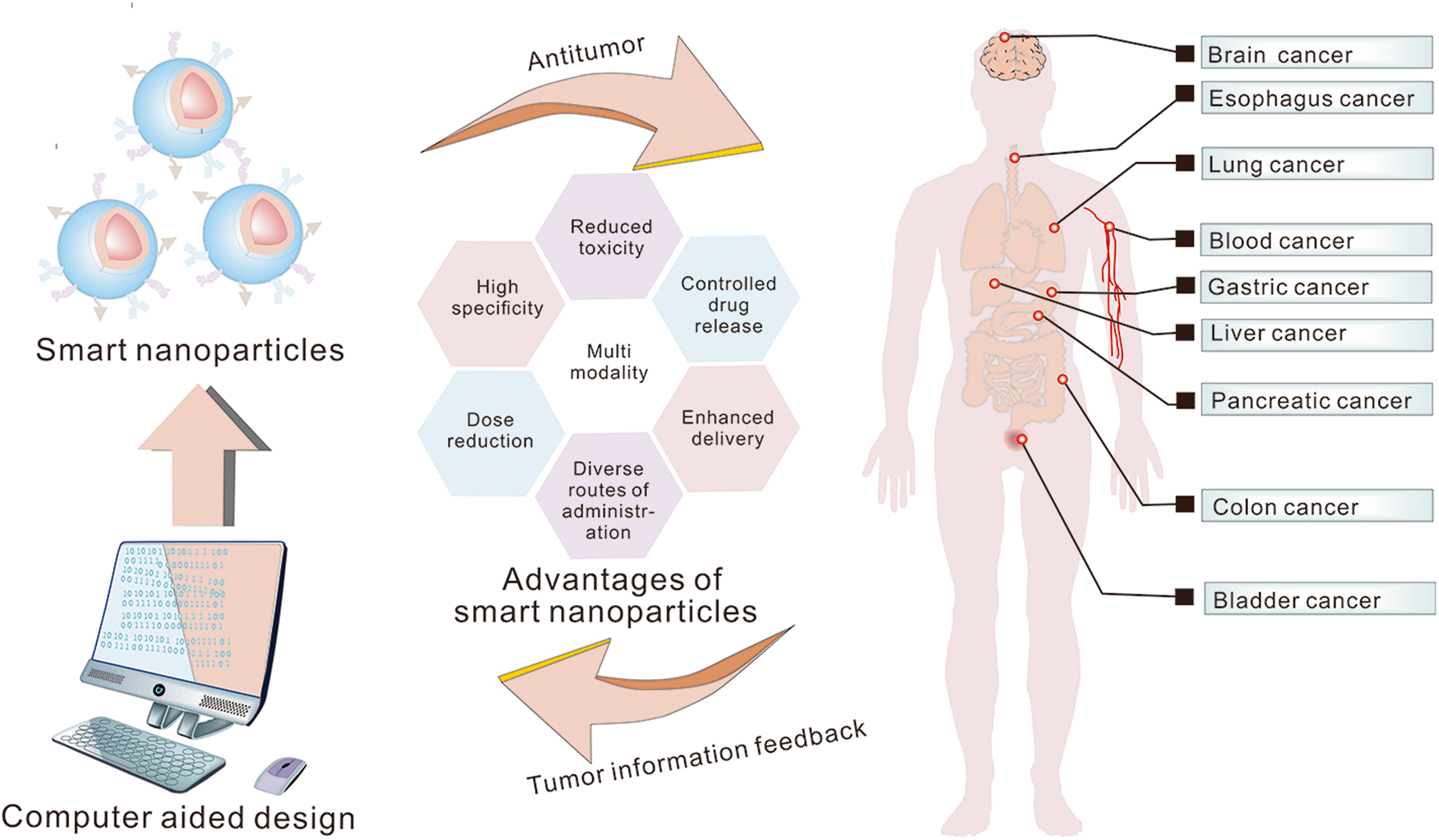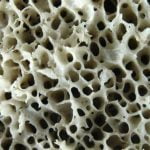

How the Recipe for Each Patient Is Modified by Precision Cancer Care Imagine that your genes are the recipes for how cells should grow and behave, and that your body is like a kitchen. Cancer happens when some recipes get messed up — maybe the oven’s left on too long or the wrong ingredients are used. The result? a dish (cell) with uncontrollable growth. Now, doctors use precision medicine to read those recipes and figure out exactly what went wrong. This allows them to choose the best solution, like changing the ingredients to get the dish back on track. Precision medicine assists doctors in locating the error and repairing the dish, analogizing cancer to a recipe gone awry. In particular, precision medicine makes use of the genomic makeup of your cancer to develop the precise treatment strategy required to combat it. Vinay Edlukudige Keshava, MD, a hematologist and medical oncologist at Bayhealth Cancer Institute, makes important points about how precision medicine is changing cancer care and assisting doctors in creating treatment plans that are tailored to the specific types of cancer that their patients have. Recognizing the Importance of Precision Cancer Care What if there were a better way to choose and deliver cancer treatment — one that helps doctors and patients find the best option, even using medication customized for a patient? The concept behind precision medicine is that. By directing the appropriate tests and treatments for particular types of cancer, it personalizes cancer care. It can also help: Early cancer detection Identify the type of cancer accurately. Choose an appropriate treatment for cancer.
Contents
Monitor treatment effectiveness
Better prepare for toxicities to manage them Improve outcomes in clinical settings Genomic, genetic, DNA, biomarker, or molecular profiling may replace the terms “precision or personalized medicine” for some doctors. These terms refer to specific strategies that some providers may employ when planning your care.
How Precision Medicine Helps Treat Cancer
Doctors use precision medicine like adjusting a recipe — they run specific lab tests to figure out exactly what’s wrong and create a treatment plan that’s tailored to your unique situation. It’s like making adjustments to the dish’s ingredients. However, not all cancers can be fixed with precision medicine right now because not all cancers have the right tests or the science to help them change in the same way. The following are some of the most frequently treated cancers that make use of precision medicine to direct treatment plans: lung cancer Breast cancer cancer of the colon Cancer of the esophagus Breast cancer Stomach cancer
Melanoma
Some forms of leukemia Certain types of lymphoma
Thyroid disease It is likely that your cancer will be tested for any treatment options based on specific gene or protein modifications. You may need to ask your doctor if this testing was done. Testing is usually done at the time of diagnosis or if the cancer gets worse or comes back during treatment.
What To Ask Your Doctor about Precision Medicine
If you have already been diagnosed with cancer, the following questions about precision medicine should be asked of your doctor: To examine genes or other markers, does my cancer necessitate special testing, such as molecular or mutation testing? What information can these tests provide about my cancer and its treatment? Are there any clinical trials looking at targeted therapy for my type of cancer?
Will I need to take any more tests? Will my insurance cover the cost, and how much will it cost? If you have a history of cancer in your family or because of other factors, you might want to ask your doctor the following questions: Does my history of cancer run in my family? Should I consult a genetic counselor or undergo genetic testing? How much does it cost, and does insurance cover it? What implications would the test results have for my care? Should my family also undergo testing? Changing the Game with Cancer By tailoring treatment to each patient’s specific genetics, precision medicine is revolutionizing the way cancer is treated. Using tests, doctors can determine what’s wrong with your cells and tailor treatments, similar to adjusting a recipe. Although it is not yet available for all types of cancer, it offers hope for many of them and assists physicians in selecting the most effective treatments. Talking to your doctor about precision medicine can help direct your treatment plan and get you on the road to better health, whether you are at risk or have already been diagnosed.




